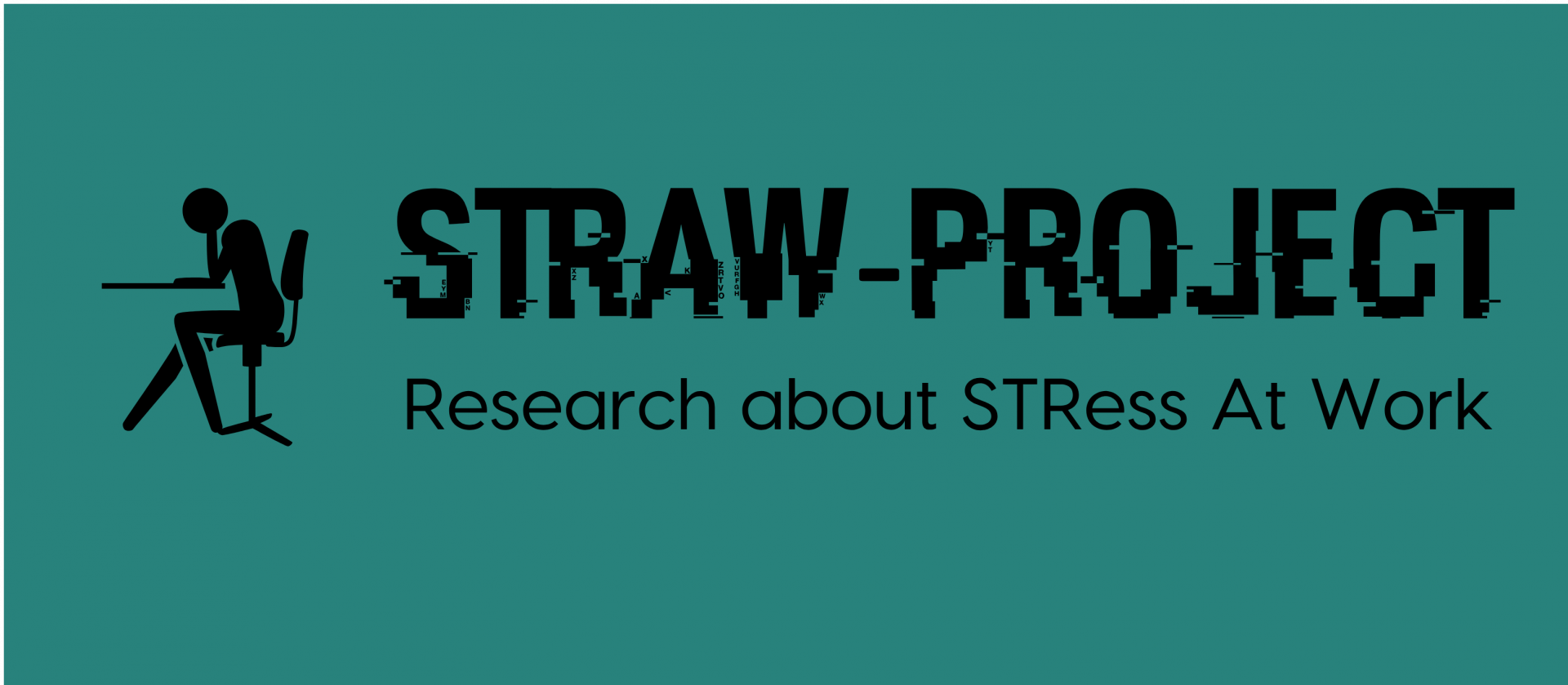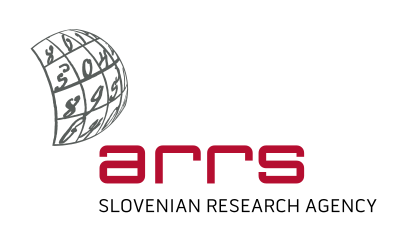-
To find out what events and activities can elicit stress in the workplace, we carried out a systematic literature review. We were interested in everyday stress or what is termed as acute, periodic, or episodic stress, that is something that is not (yet) chronic. To find out more about our literature review, you can read its description on PROSPERO or the paper we published about it.
Systematic literature review -
We also wanted to hear what workers subjected to stress say themselves. We asked them about the most common causes of stress that they experience in their own work. We carried out these group interviews both in Belgium and Slovenia with office workers of different occupations. To find out more about what we learned in these focus groups, you can read the paper we published about them.
Focus groups -
In addition to asking our participants what they perceive as stressful and how, we also wanted to describe their surroundings and activities as accurately as possible. Since this is an active area of research (see this paper by Alberdi et al. for a review), we decided to capture as many factors that might turn out to be relevant and chose the AWARE framework to start off the Android application used for this purpose. We also decided to use Empatica E4 wristband to measure physiological responses to stress.
Context detection -
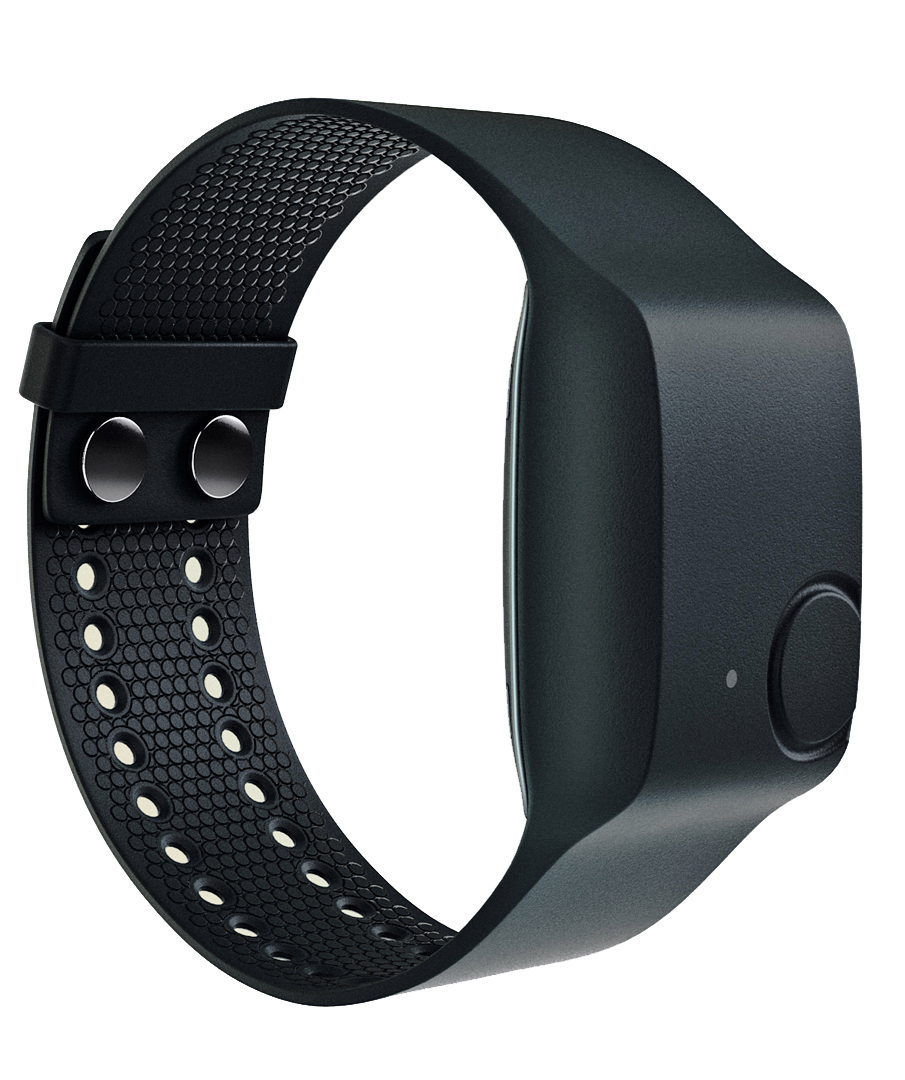
Empatica E4 wristband.
Equipment
-
In addition to the sensor data provided by AWARE, we wanted to detect conversations. We integrated openSMILE to calculate audio features from microphone data and extended our application’s capabilities to include detection of human voice by training a model in Weka. In this way, we can detect human voice from microphone features without storing any audio recordings and thus retain privacy.
Speech recognition -
Based on the protocol we developed, we selected questionnaires which measure the concepts we are interested in and implemented them as an ecological momentary assessment. We also developed a triggering protocol which determines when and which of these questions are presented to the participants.
Ecological momentary assessment -
We composed these elements into an Android application. We also designed the user interface to account for different languages of our participants. We presented this application at the Information Society 2020 conference (you can find the pdf of full text here).
Android application -
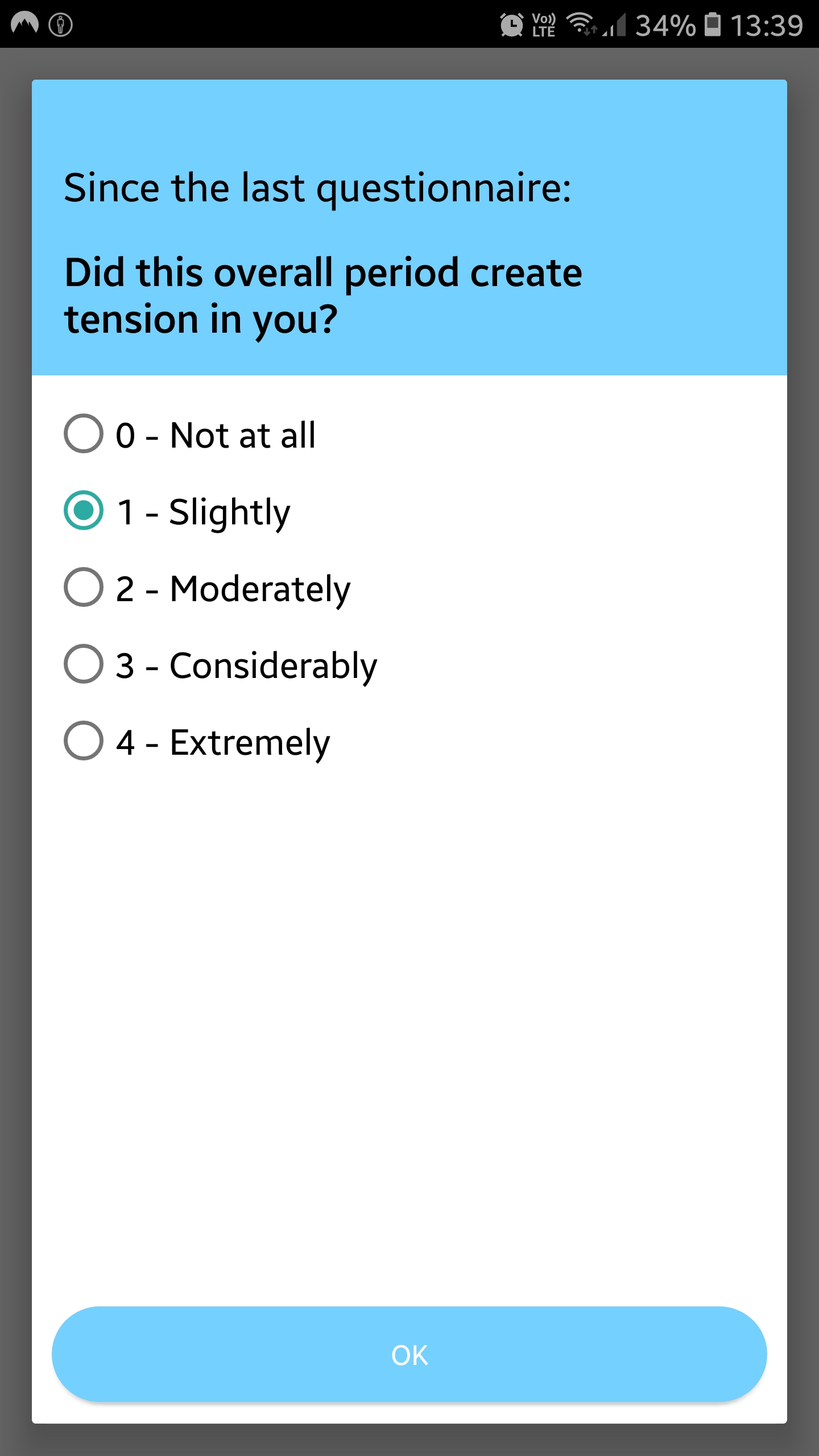
A screen from the STRAW application for Android.
User interface
-
Once we selected the relevant questionnaires to offer to the participants, equipment to use, and developed an application, we designed a detailed protocol. This included setting the schedule of questionnaires, making decisions about what data would be collected when, and protecting privacy of our participants by strictly controlling what data we collect and how we transform it to make it less identifiable.
Bringing it all together
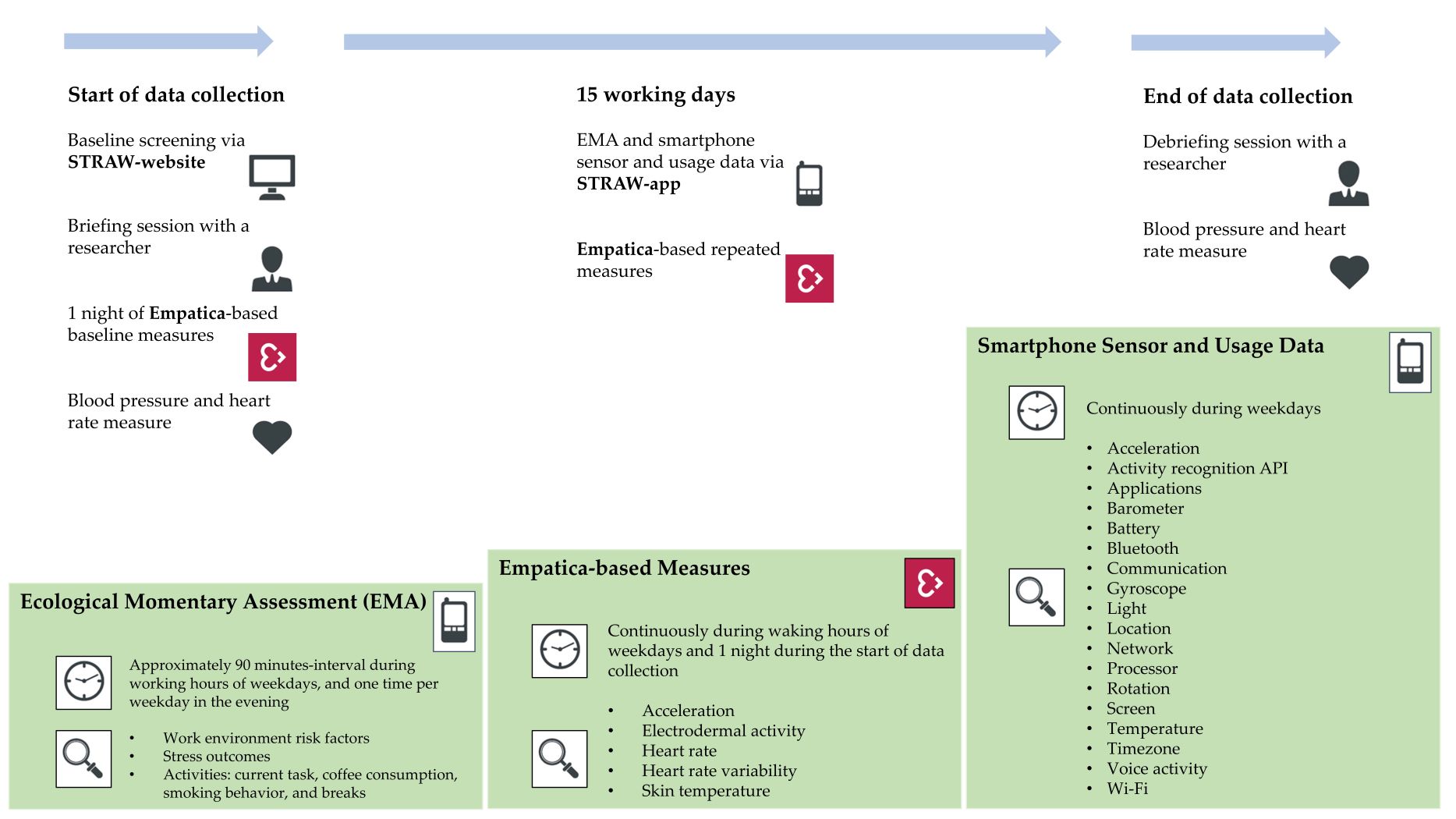
-
We carried out a pilot study at UGent with 5 participants in February 2020. These participants gave us important and extensive feedback on the application, which helped us fix a lot of bugs and greatly improve the user experience.
Pilot study -
The main study was carried out from October 2020 to July 2021. Because of the COVID-19 pandemic, we had to pause it over the winter of 2020, which gave us an opportunity to slightly adapt our protocol to reflect a different working reality (such as adding questions about working from home). In total, we gathered data from 55 participants, of which 26 were women and 29 were men. Each provided us with roughly 15 working days of data.
Main study -
The participants did their job very well. While we planned to get information about stress roughly every 90 minutes during the working day, the median time difference between two subsequent questionnaire sessions was 93 minutes. Similarly, they filled in the longer evening questionnaire more than 90 % of the time on average. We presented these adherence results at the Wild By Design workshop at UbiComp 2021.
Adherence to the protocol
